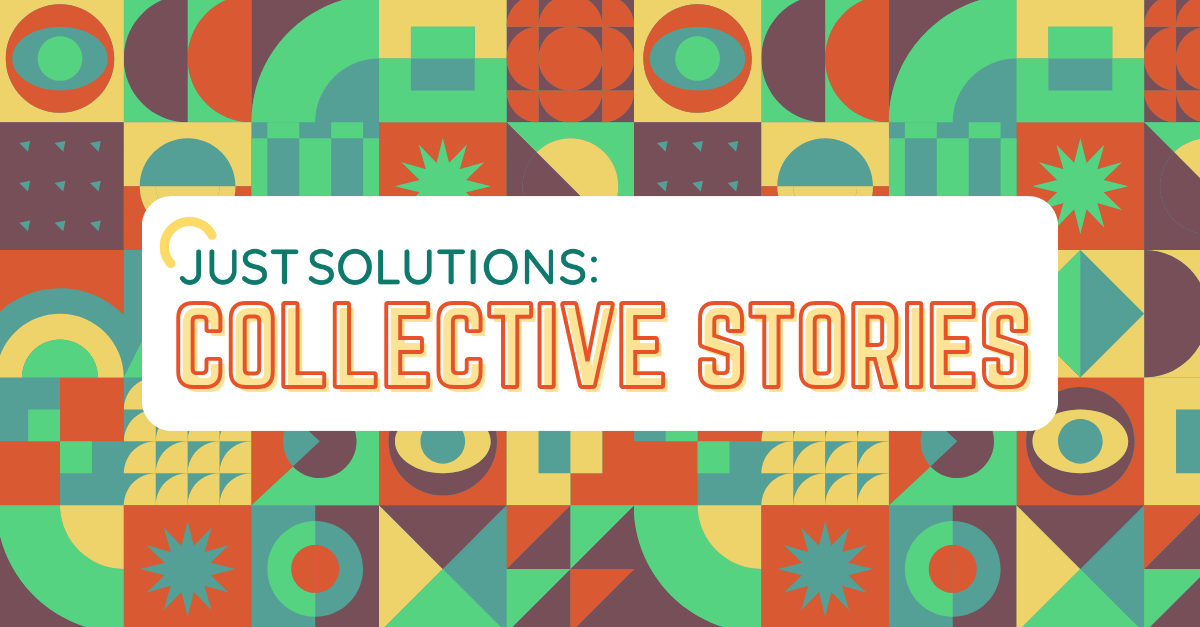
At the very core of the Just Transition Principles is prioritizing people, communities, and relationships over profit and self-interest. Environmental racism and the climate crisis are ultimately the result of systemic oppression that lacks care for the lives affected by the pursuit of power and control. This is why the empowerment of frontline communities is fundamental to EJ efforts. Our movement’s high value for the just relationships we have with all living things is in direct opposition to environmental injustice.
The Climate Justice Alliance provides historical context on the origins of the environmental justice movement:
“The environmental justice (EJ) movement grew out of a response to the system of environmental racism where communities of color and low-income communities have been (and continue to be) disproportionately exposed to and negatively impacted by hazardous pollution and industrial practices. Its roots are in the civil rights movement and are in sharp contrast to the mainstream environmental movement, which has failed to understand or address this injustice. The EJ movement emphasizes bottom-up organizing, centering the voices of those most impacted, and shared community leadership.”
It’s important to uplift the stories and experiences of the people who are a part of Frontline communities. We have to listen to and learn about the solutions that work best for the people most impacted by climate change. Hearing about the positive impacts of environmental justice efforts on the lives of many strengthens the movement and brings us closer to a clean and equitable energy future.
We’re launching a new video series: “Just Solutions: Collective Stories.” This series aims to uplift equitable solutions through storytelling focused on the impactful and motivating experiences of EJ leaders and advocates. As a national, movement partner organization, our goal is to broaden and deepen the understanding and implementation of equitable and effective climate policies and programs at a scale and pace that match the urgency of the climate crisis. We accomplish this through our original research and analyses, education, and field-building programs. Knowing the “why” behind our movement and grasping the impact of climate justice efforts in not just our environment but in our relationships with each other is also a key aspect of uplifting equitable solutions and advancing climate justice.
In our commitment to elevate community-created and -led solutions to the climate crisis, we are interviewing those who have led successful environmental and climate justice campaigns in their community. Frontline communities show us that an equitable and just transition to a clean energy future is already underway. By connecting with each other through storytelling, we come to see a bigger picture of environmental justice.
Applications for interviews are open to individuals who have been or are actively involved in environmental justice efforts in Frontline communities. If you have any questions, email Angel at angel@justsolutionscollective.org.
